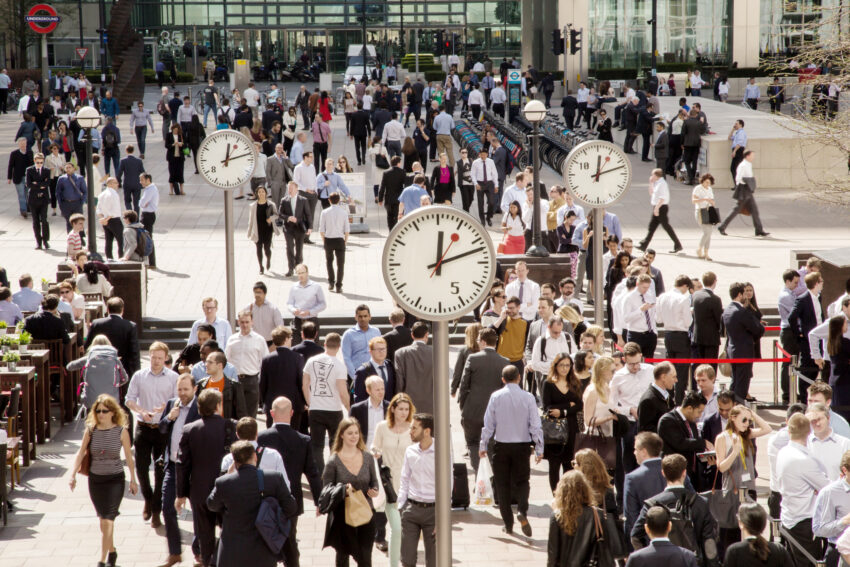The number of Brits with persistent debt problems has jumped by almost a third as the cost-of-living crisis bites further.
Charlie Nunn, the boss of Lloyds Banks, said customers are “concerned” about the economy but said he believes many are talking “too negatively” about the financial outlook.
It comes after inflation surged to 9.1 per cent in May and is predicted to rise by as much as 11 per cent this year amid jumps in the cost of energy, food and raw materials.
Mr Nunn told BBC Radio 4’s Today Programme that Lloyds research shows three-quarters of its customers are worried about recent price hikes and the impact this is having on savings.
“They might have money elsewhere but what we can see is less than £500.”
“Customers are concerned, and they should be,” he said. “We have seen some areas where there’s real points of challenge.”
It said the proportion of people with persistent debt lifted by 30 per cent since the end of 2021 as the financial backdrop continues to worsen.
The bank said last month it would hand a £1,000 bonus to the vast majority of its staff to help them cope with the rising cost of living.
Lloyds also confirmed that around 20 per cent of customers were cutting back on discretionary spending in order to keep more funds to use on essential items.
Nevertheless, the group also said credit card spending on travel is up 300 per cent and suggested there was still positivity in some areas of the economy.
Mr Nunn suggested there could be a danger that the country could talk itself into a worse financial situation.
“We are concerned that I think we collectively are talking ourselves into the risk of too negative an outlook,” he said.
“There are pockets of strength in the economy,” he added.
“There are significant parts of the consumers in the UK who have strength and really want to spend and create that demand and we can continue to see opportunities to invest in growth.”


